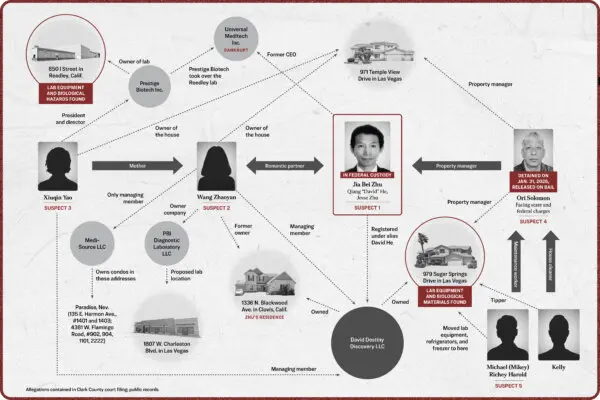Charleston, West Virginia, is about 360 winding miles from Washington. Sen. Joe Manchin (D-W.Va.) visits the city often when in the state that he’s represented in the U.S. Senate for a dozen years.
Charleston is familiar, friendly turf. Raised in the Alleghenies near Pennsylvania, Mr. Manchin is a well-known face in the state’s capital, where he worked and lived as a state lawmaker, secretary of state, and governor for more than three decades.










